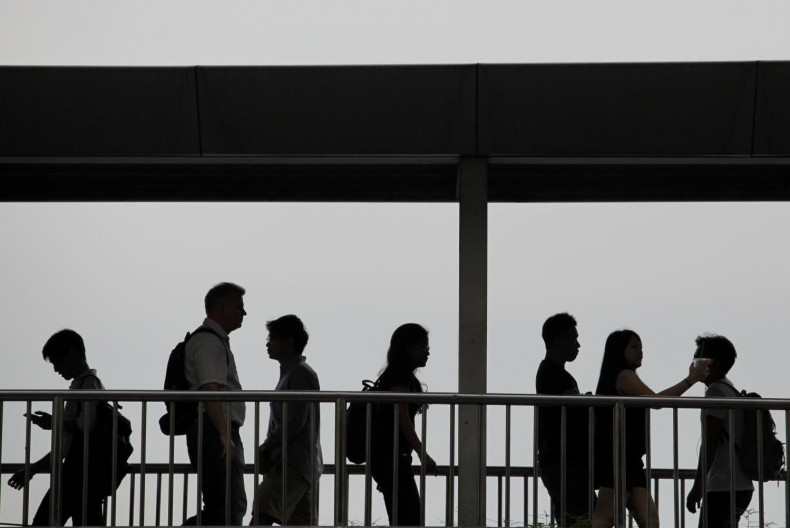Showing 1 - 10 of 14
Business rehabilitation in Thailand and debt repayment
Chusert Supasitthumrong, Published on 12/12/2023
» Thailand's economy in recent years has felt the impact of a seemingly endless list of challenges, such as the COVID-19 pandemic, global economic recession, repercussions from wars and armed conflicts, slumping exports, and recurring internal political turmoil. Many Thai companies simply went bankrupt during this time, but many others have gone through the process of business rehabilitation as laid out in Thailand's Bankruptcy Act.
Unsafe products: Liability under Thailand's product liability law
Chusert Supasitthumrong, Published on 29/09/2022
» Impacts from the COVID-19 pandemic have led some manufacturers to reduce costs by changing production methods, designs or machinery or reducing the number of employees on payroll. While these strategies may reduce costs and help their business survive, they may also result in lower quality goods. In the worst case, however, these poor quality goods may cancel out or even outweigh a manufacturer's cost savings if the products are deemed to be unsafe for consumers under Thailand's Product Liability Act (officially the Liability for Damages Arising from Unsafe Products Act).
Non-competition and non-solicitation: Protecting startups and online businesses from the loss of employees
Chusert Supasitthumrong, Published on 19/02/2022
» For the past two years, the COVID-19 pandemic has had a severe impact on most businesses in Thailand, and many traditional businesses have had to take drastic measures to survive, such as reducing wages and benefits, temporarily ceasing their operations, and even laying off employees. However, a number of innovative startups and online businesses have bucked this trend, and have instead seen rapid growth during this period. These companies face a different problem: a struggle to retain their employees in the face of a fierce battle among competitors to attract top talent. This is particularly true for technicians and programmers whose expertise and technical knowledge are valuable assets for companies in these sectors.
Workplace Reopening: Mandates and Other Safety Measures under Thai Law
Suruswadee Jaimsuwan & Chusert Supasitthumrong, Published on 28/08/2021
» Around the world, COVID-19 is continuing to threaten the health of millions, interrupt daily life, and throttle business activity. In Thailand, the latest wave of infections has been more intense than any since the beginning of the pandemic, and many businesses have been forced to close down once again. There are reasons for hope though—chief among them the increasing pace of vaccinations. Not only are the vaccines effective at preventing serious health issues, they are helping keep both employees and customers safe in business settings so that commerce, trade, and tourism can resume once again.
How employers can temporarily shut down their businesses to weather the COVID-19 situation
Chusert Supasitthumrong, Published on 03/08/2021
» With the latest wave of COVID-19 continuing to have a serious impact on Thailand, many businesses have been looking for ways to survive. Some have temporarily reduced employees' wages, while others have resorted to a complete or partial halt to operations. In these unprecedented circumstances, it is vital that business owners understand the legal criteria and steps for implementing a temporary cessation of operations in Thailand, as outlined in this article.
Understanding wages and allowances when calculating severance and other payments
Chusert Supasitthumrong, Published on 16/09/2020
» After the COVID-19 outbreak, a number of business operators were forced to react to the situation by reducing the number of workers or staff they employed. For the labour courts and labour officers, one important point related to such reductions is whether employers have paid the correct amount of severance, remuneration in lieu of advance notice, and overtime payments to their employees.
Changing employment conditions during the COVID-19 situation
Chusert Supasitthumrong, Published on 13/05/2020
» The COVID-19 crisis continues to have a serious impact on global economic conditions, and many employers are feeling the severe economic effects here in Thailand. In light of this situation, employers are making efforts to ensure that their businesses survive the crisis, often looking to cost reduction measures such as reducing employees’ wages and benefits in accordance with labour laws. In general, Thai labour laws permit employers to reduce employee wages and benefits either by negotiating with employees and receiving their consent for the reductions, or by carrying out the labour relations processes described below.
Employing caution
Business, Post Reporters, Published on 30/03/2020
» Businesses, from multinational corporations to small-scale startups, are grappling with being in a lockdown as the country fights tooth and nail to contain coronavirus infections on a daily basis.
Fair treatment of employees under Thai labour law
Pimvimol Vipamaneerut, Piyawat Kayasit and Chusert Supasitthumrong, Published on 04/02/2020
» Labour disputes typically arise when one party—often the employee—feels unfairly treated, for reasons that may stretch far beyond the law, and consequently he or she will feel entitled to restitution. Thailand’s labour laws encompass several safeguards that help employers meet a standard of fairness when dealing with dissatisfied or aggrieved employees.
Unfair labour practices: What employers need to be aware of
Chusert Supasitthumrong, Published on 03/12/2019
» While most employers understand what “unfair termination” means, many may be unfamiliar with the term “unfair labour practice” and what it entails. The Labour Relations Act (LRA) gives three general categories of conduct considered to be unfair labour practices: retaliation, wrongful pressure, and termination while under collective bargaining agreements.










